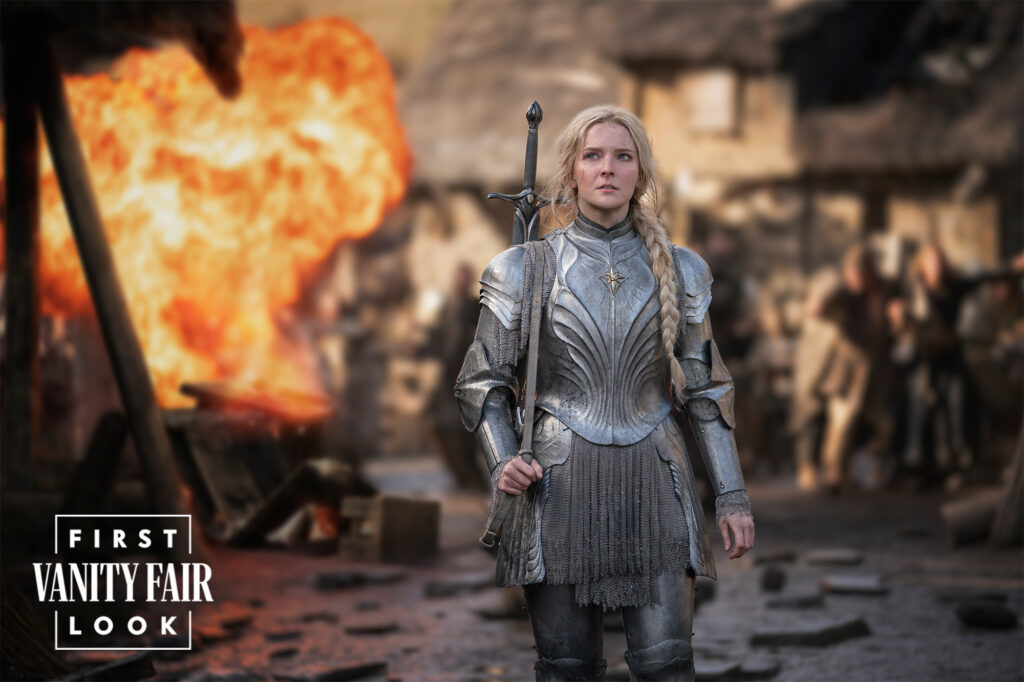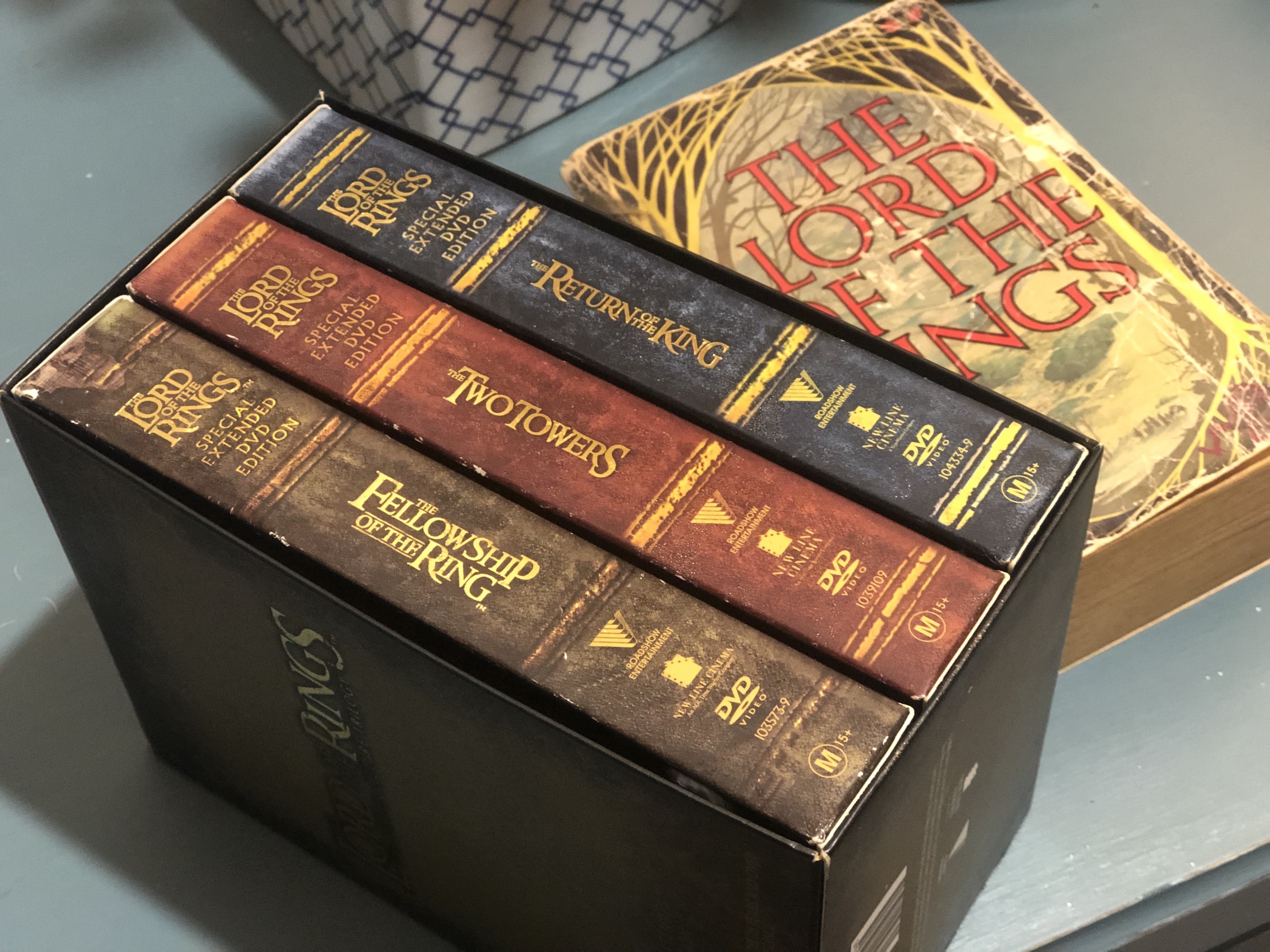The book is always better than the movie. This fundamental truth proves itself every time a screen adaptation fails to live up to its legacy and communities of fans leave the cinema with expectations crushed.
At their core, controversies surrounding book-to-movie adaptations involve trust. Fans show fierce loyalty to authors of original works. When creators get their unfamiliar hands on a renowned piece of literature, their ‘fresh take’ can feel like betrayal.
To fans of J.R.R. Tolkien’s The Lord of the Rings, corporate overlord Amazon did just that. Their upcoming TV adaptation of Tolkien’s masterwork, The Lord of the Rings: The Rings of Power, rewrites the long-established lore of Middle Earth’s Second Age. After hearing about this heresy, fan scepticism turned into scorn.
The right adaptation
In the eyes of Tolkien purists, any new interpretation is the wrong one. As media outlets revealed exclusive information about The Rings of Power, these die-hard fans responded with vitriol and righteous indignation.

One image shows Elven Queen Galadriel wearing armour and carrying a sword. Although this echoes her characterisation as a formidable fighter in Tolkien’s Unfinished Tales, fans inundated Twitter to criticise this ‘girlboss’ as absurd, reprehensible and woke.
I always thought of Galadriel as some sort of mysterious etherial powerful being. Turns out she's just a blond lady in armour playing armies with the boys.
— Robert Payne (@paynenotes1) February 10, 2022
According to the image.
Such possessive behaviour isn’t surprising.
Even Peter Jackson’s cult classic, The Fellowship of the Ring, copped abuse. Before the film’s release, fans resented Liv Tyler’s portrayal of elf-maiden Arwen as a sword-wielding warrior. Sound familiar?
Unlike the following clip, Tolkien never depicted Arwen’s confrontation with the menacing Ring Wraiths. While Jackson’s choice to place her in the scene alters Tolkien’s ethereal portrait of elves, it transforms Arwen from a one-dimensional love interest into a complex, motivated individual.
Creative freedom over purist culture
This might sound like sacrilege, but fresh voices and interpretations can improve an original story. Challenging backlash against The Rings of Power, Tolkien scholars claimed:
Adaptations are original cultural products that can imitate, question, rewrite or interpret source material in various ways. Each adaptation…is an opportunity to update outdated and unacceptable tropes.
As creators broaden the bounds of fictional worlds and explore underdeveloped themes, they transform real-world attitudes and perceptions of issues.
Amazon’s interpretation might not adhere to the strict Middle Earth legendarium, but reimagining this fantasy universe in another medium can open doors to new possibilities and audiences.
Passion behind the product
Of course, adaptations must be well-made before they can be admired.
Distrustful of money-minded production companies, fans doubt the new series will embody the spirit of Tolkien’s storytelling. If Amazon sacrifices source material for mass-market appeal, their true motivations become clear.
But the right motivation for rewriting lore isn’t profit – it’s passion.
When love and dedication drive adaptations, audiences adore them regardless of any changes. It’s clear from enthusiastic reactions to Denis Villeneuve’s cinematic retelling of the novel Dune, his childhood passion project. Or the now-celebrated Lord of the Rings film trilogy, born not from Jackson’s contempt, but rather his reverence for Tolkien and his devout fanbase.
Now as we await The Rings of Power, the creators must prove they have passion enough to surpass the expectations of all Tolkien devotees.
What makes an adaptation successful? How do you think The Rings of Power will measure up? Comment your thoughts below.
